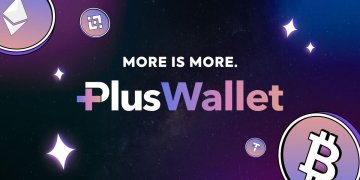Crypto index fund manager Bitwise has disclosed that its Bitwise on-chain solution will provide staking services on the Starknet blockchain. This collaboration comes after Starknet becomes the first Ethereum layer 2 to enable staking for its cryptocurrency, STRK. Bitwise announced via its X account in November 2025.
The staking activity appears to have triggered Starknet price to surge to a higher level. In the last seven days, STRK rose by 17.90%, outperforming the global crypto market which is up 6.40%.
Expand access to broader staking services
With the new product, Bitwise said it aims to provide its users with secure access to staking options. Bitwise stated that its users can take part in the staking and earn rewards.
By staking STRK, participants can receive rewards by supporting the Starknet network to validate transactions and complete network consensus. Users can make their crypto assets work for them and make passive income.
The transformation of crypto staking
The landscape of cryptocurrency staking offers users several opportunities to grow their holdings. Ethereum has been the dominant force in the staking sector. It has been the catalyst for a wider proof of stake transformation reaching the now over $3 trillion cryptocurrency industry. Ether shifting to a proof-of-stake mechanism in December 2020, marked the launch of the staking initiative.
As blockchain technology continues to evolve, many other major blockchains set up staking to secure their networks. Even emerging layer 2 blockchains, including Starknet, are rolling out their gateways with proof-of-stake to align with the Web3 ethos of equitable participation.
Staking plays a crucial function in Web3 growth. As the Web3 landscape continues to develop, staking has become an important component, offering rewards for users and ensuring the security of decentralized systems.
The demand for staking will increase as the Web3 sector continues to mature. NFT trading platforms, virtual lands in the metaverse, social networks, and other activities connected to decentralized markets will incorporate staking governance and reward models driven by participants.























